All countries should work to strengthen cooperation and multilateralism in order to jointly tackle global challenges including climate change and economic resilience, according to politicians and leading scholars participating in the Beijing Humboldt Forum 2023.
They highlighted the importance of fostering green, low-carbon and sustainable development, saying that will offer increasing opportunities and create new growth drivers for global development in the long run.
Wolfgang Schussel, former chancellor of Austria, commented that as an advocate of an open economy and multilateralism, China boasts great growth potential, especially in its domestic market.
"There's also enormous potential in new innovations, new ideas, new patents… I'm absolutely looking forward to seeing China play an important role," he told China Daily on the sidelines of the forum on Saturday.
Meanwhile, he noted that some politicians are looking to protect their own trade market.
During the forum, he said global trade has proved resilient in the face of multiple shocks amid rising protectionism and trade tensions, and the positive trend for international trade will continue in the future.
Citing a report by the International Monetary Fund, he said decoupling would be a terrible disaster and mistake, which would mean huge losses for the global economy.
According to the IMF report, titled "Confronting fragmentation where it matters most: Trade, debt, and climate action", estimates of the longer-term cost of trade fragmentation varies from 0.2 percent of global output to almost 7 percent, which is roughly the combined annual output of Germany and Japan. If technological decoupling is added to the mix, some countries could see losses of up to 12 percent of GDP, the report said.
Looking ahead, Schussel said countries need to work together and deepen cooperation in a wide range of fields including trade and green development.
Zhao Zhongxiu, president of the University of International Business and Economics in Beijing, said China has been actively deepening its high-level opening-up while boosting self-reliance in some key fields.
He said the push for decoupling and breaking chains violates economic laws and is an unsustainable choice, adding that China needs to continuously strengthen the resilience of the industrial and supply chains as well as seek "dual circulation" development to attract global suppliers.
Against the background of major global challenges that threaten the world and humanity, Andreas Riecken, Austrian ambassador to China, said that it is no longer enough to just exchange strategies on green, low-carbon and sustainable development for the world's economy. "Rather, we must act, cooperate multilaterally and across borders in a politically responsible manner."
According to Riecken, China and Austria are driving forces with regard to green technologies, paving the way for a cleaner and more eco-friendly future.
China is taking concrete steps to foster green and high-quality development as it embarks on a path to carbon peak and neutrality. The country has set an ambitious goal of peaking carbon dioxide emissions before 2030 and reaching carbon neutrality before 2060.








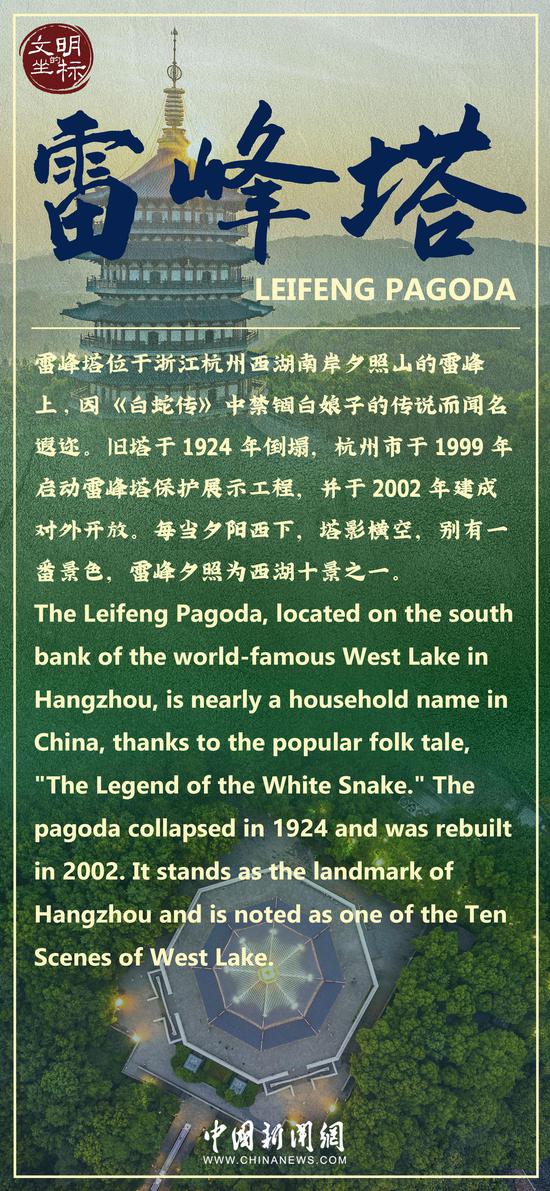




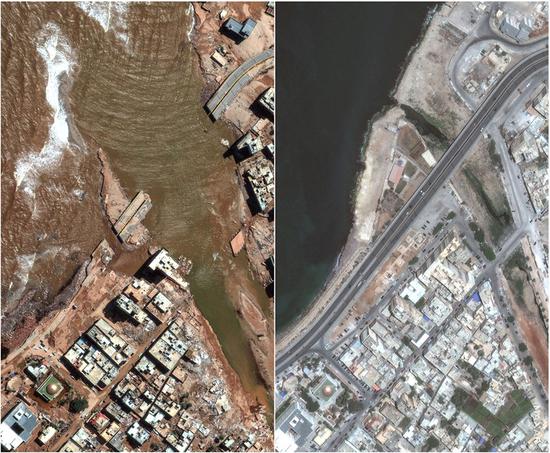
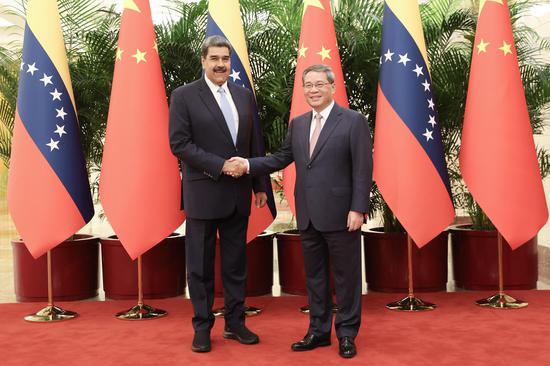
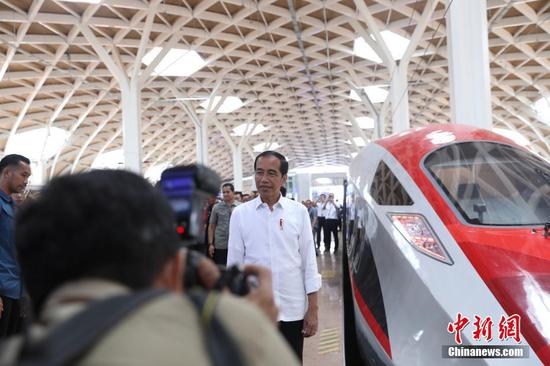
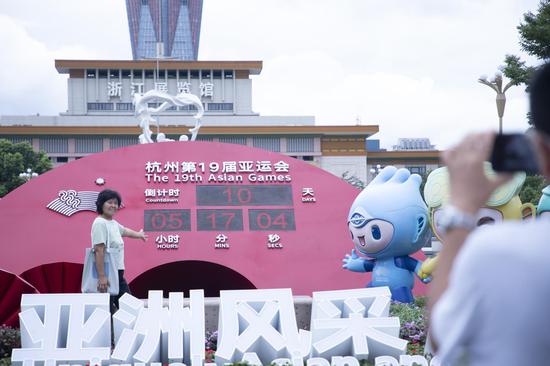
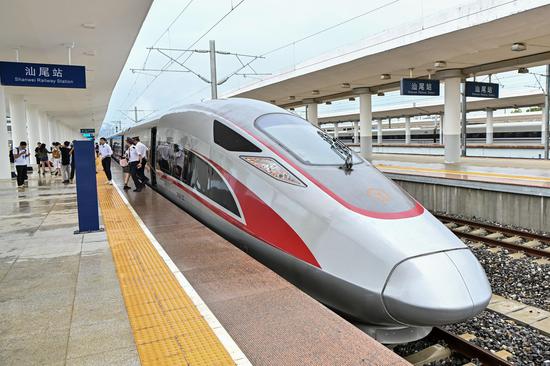
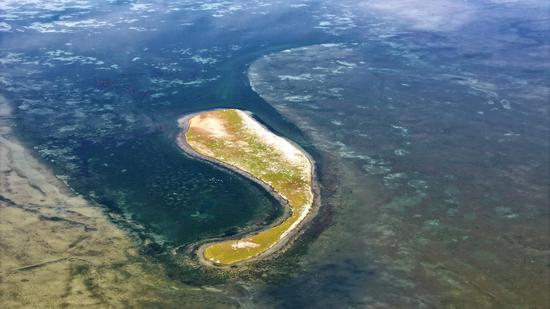



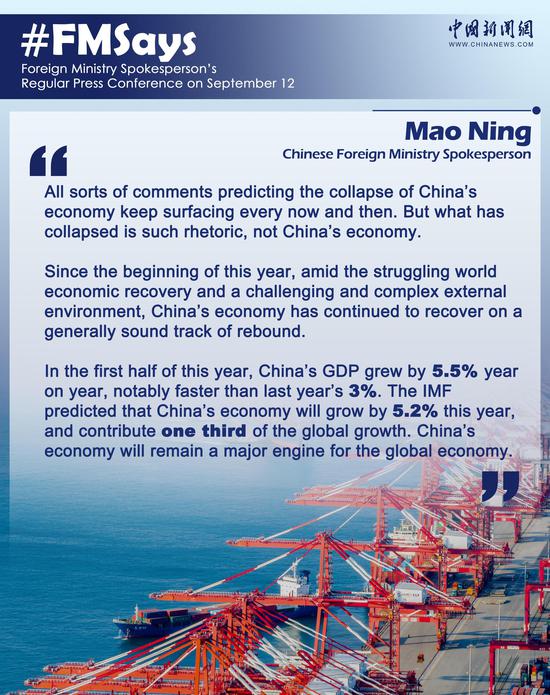
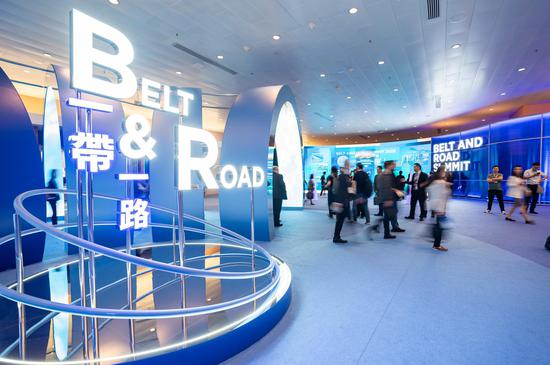
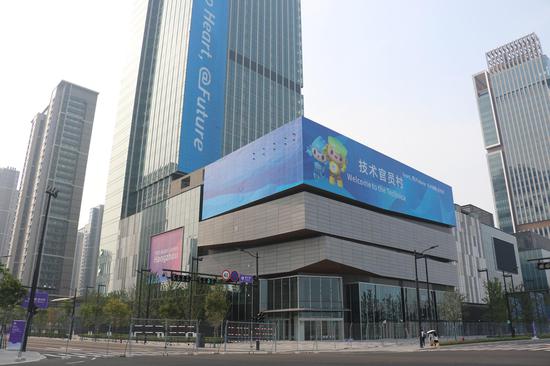


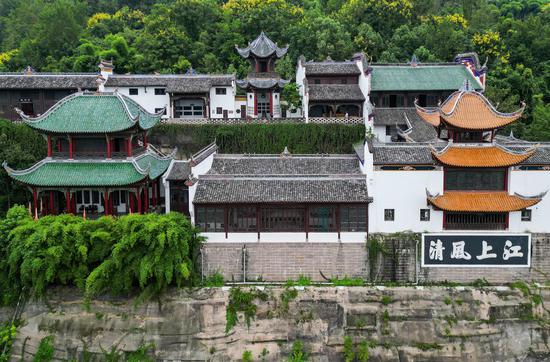
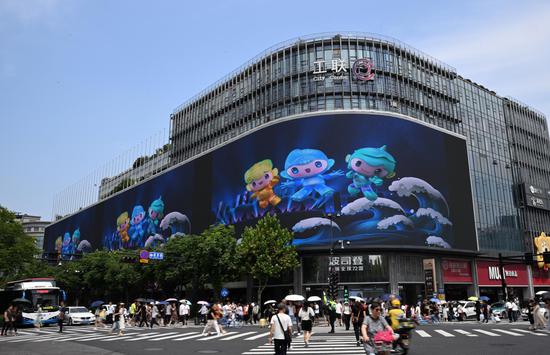
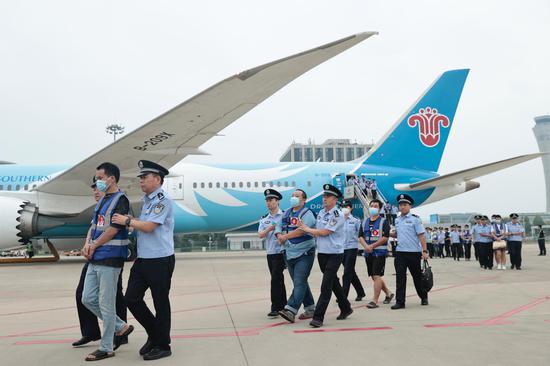
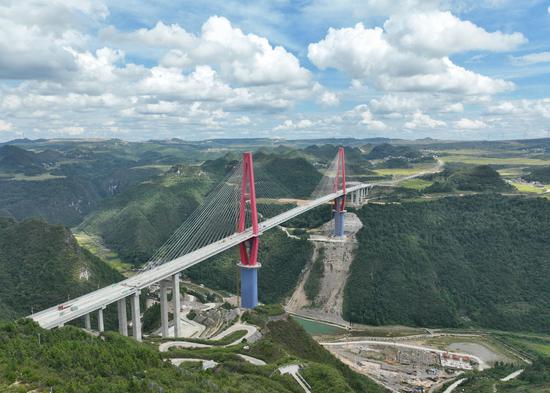

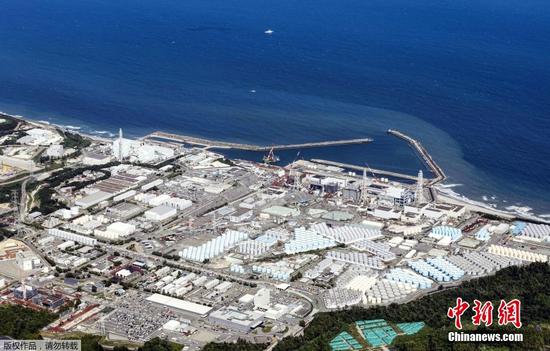
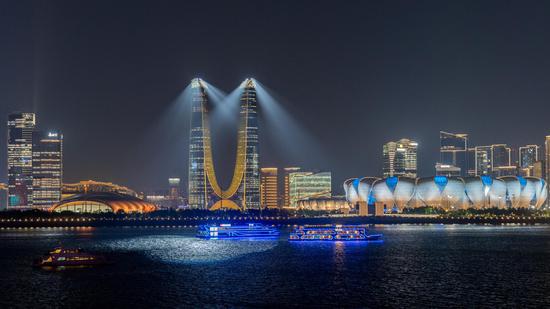

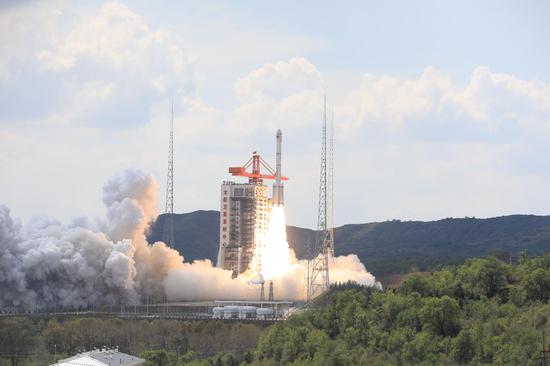

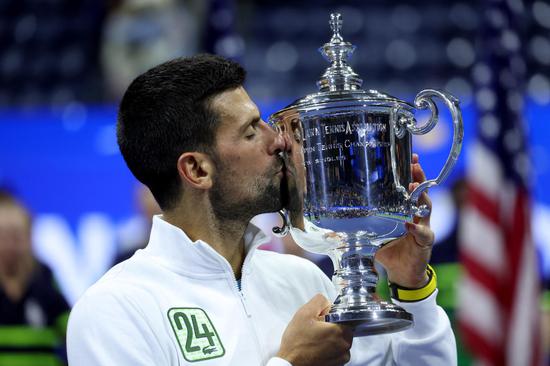
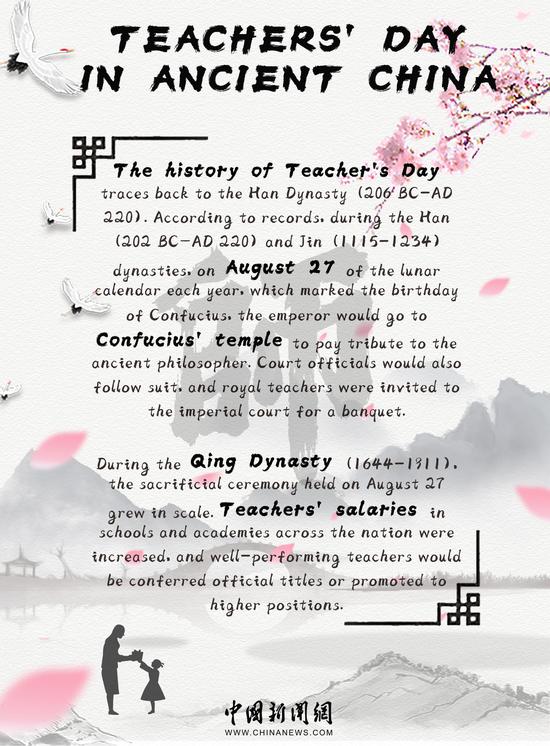
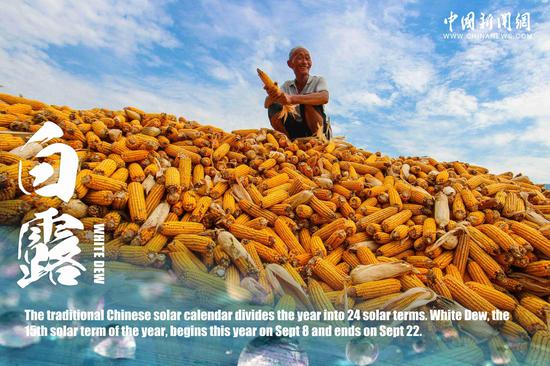
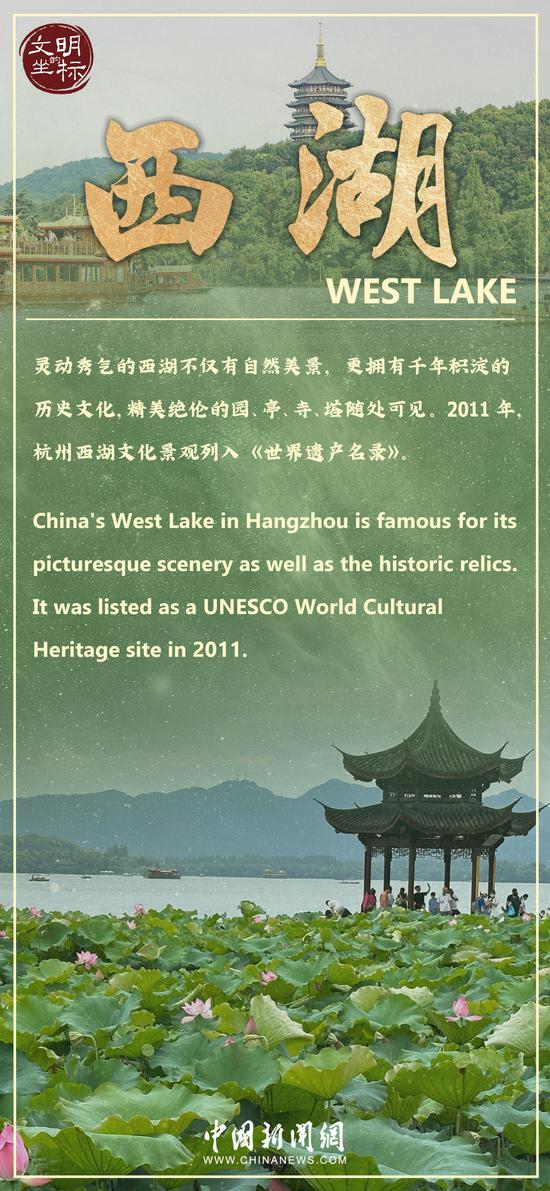
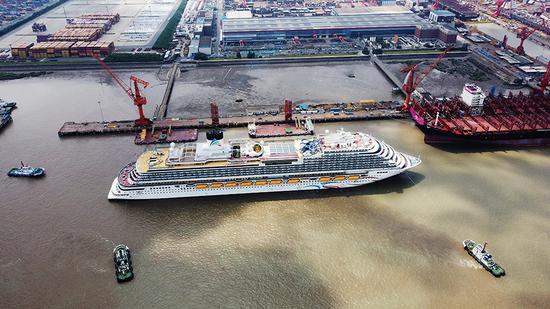

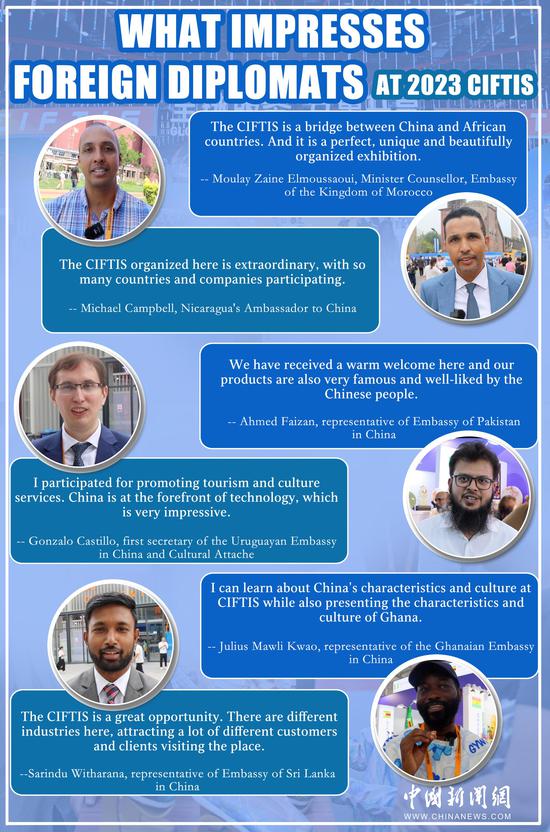
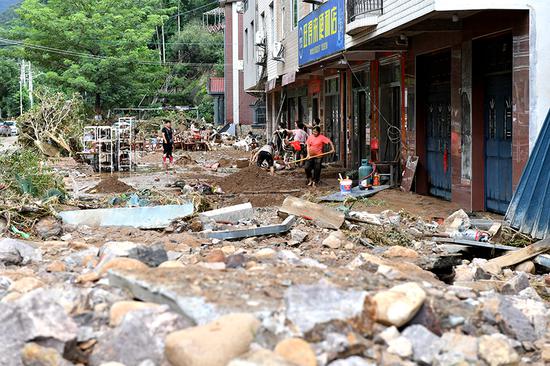





 京公网安备 11010202009201号
京公网安备 11010202009201号